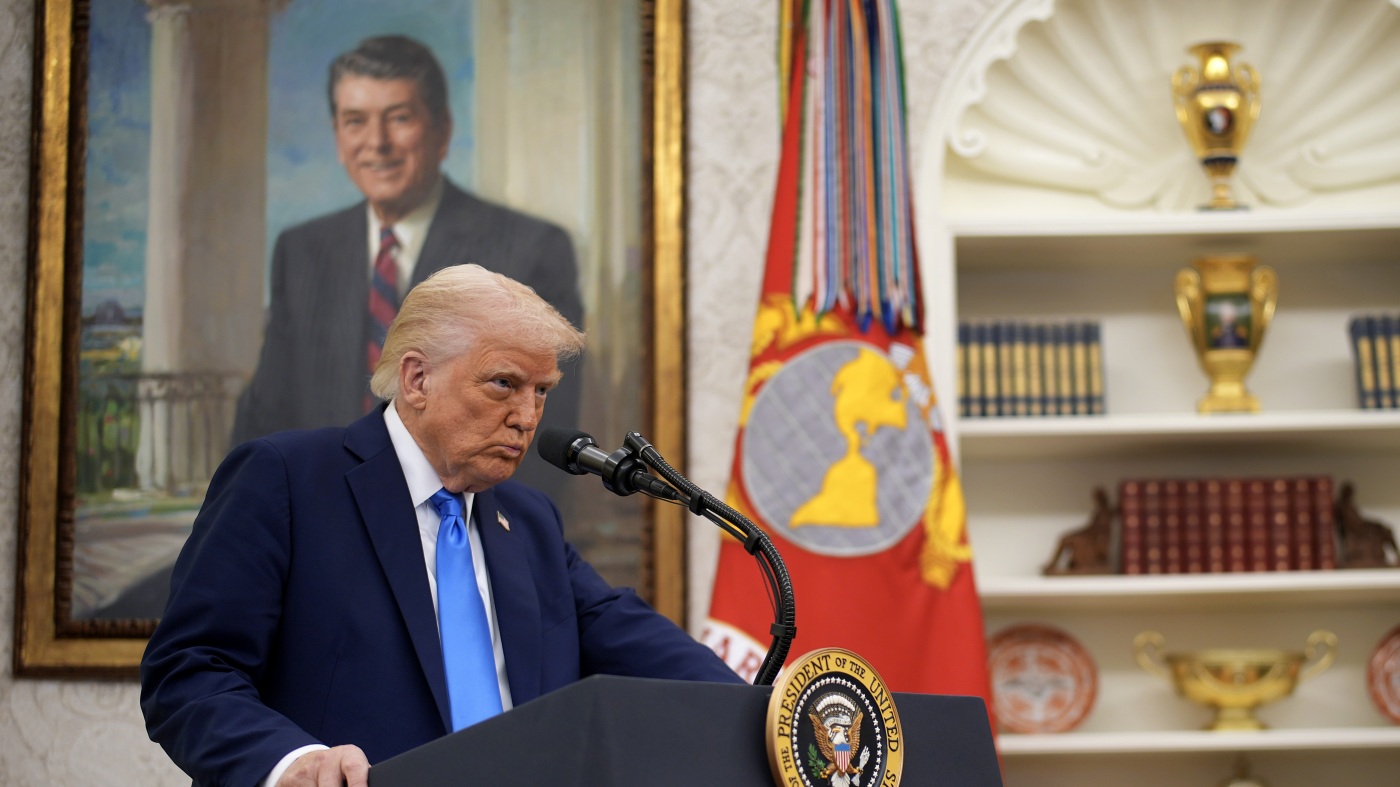The recent legal pushback against former President Donald Trump’s executive orders targeting prominent law firms, including Susman Godfrey, has underscored a significant judicial resistance to what critics describe as politically motivated retaliation. The judiciary’s consistent rulings against these orders highlight a broader struggle to preserve the independence of the legal profession and uphold constitutional protections against executive overreach.
Background: Executive Orders Targeting Elite Law Firms
The executive orders in question were part of a broader strategy by the Trump administration to penalize law firms that represented clients or causes opposed to certain administration policies. Firms such as Susman Godfrey, Perkins Coie, Jenner & Block, and WilmerHale were singled out, facing punitive measures that these firms argued violated constitutional protections. The orders were seen as an attempt to intimidate legal professionals and discourage them from engaging in lawful representation of clients with opposing political views. This raised serious concerns about the administration’s respect for the rule of law and the separation of powers.
Court Rulings and Judicial Reasoning
The judiciary has played a crucial role in countering these executive orders, with federal judges consistently ruling against them. The latest ruling, delivered by U.S. District Judge Loren AliKhan, struck down the executive order targeting Susman Godfrey, marking the fourth such decision. Judge AliKhan’s ruling emphasized that the order violated the U.S. Constitution, particularly the First Amendment and due process clauses. The court found that the executive order amounted to unconstitutional retaliation, as it sought to punish law firms for their legal work and the professional associations of their lawyers.
These rulings have established a clear precedent that executive actions targeting law firms for their representation of clients or causes are subject to judicial scrutiny and are likely to be struck down. The courts have reinforced the principle that legal representation and advocacy cannot be criminalized or penalized without adherence to constitutional safeguards. This judicial resistance has been instrumental in protecting the legal profession from political interference and ensuring that the rule of law remains intact.
The Broader Impact on Legal and Political Landscapes
The court victories against these executive orders have far-reaching implications for both the legal and political landscapes. They highlight the judiciary’s role in maintaining the independence of the legal profession and safeguarding it against political interference. The executive orders represented an unprecedented attempt by an administration to use its power to directly impact the legal community, potentially chilling clients and attorneys from engaging in lawful representation without fear of reprisal.
These rulings also underscore the importance of the separation of powers and the rule of law. They serve as a reminder to the executive branch that targeted punitive actions, especially those that threaten constitutional rights, will face serious legal challenges. This shields the legal community from potential abuses of power and upholds core democratic principles. The decisions have also set a precedent for future legal battles involving executive overreach, ensuring that the judiciary remains a vital check on executive power.
Law Firms’ Response and Strategic Legal Action
The law firms targeted by these executive orders have demonstrated a robust and coordinated response, filing lawsuits to block the orders and actively defending the profession’s integrity. Firms such as Perkins Coie, Jenner & Block, WilmerHale, and Susman Godfrey have each sued to challenge the orders, asserting their rights and setting strong legal precedents. Their success in court highlights effective legal resistance strategies against perceived political overreach.
These firms have served as models for how targeted legal entities can mount vigorous defenses to protect professional autonomy and client relationships. Their actions have not only safeguarded their own interests but also reinforced the broader principle that legal representation should be free from political retaliation. The coordinated legal action by these firms has been instrumental in establishing a strong defense against executive overreach and ensuring that the legal profession remains independent and resilient.
Looking Ahead: Legal Precedents and Political Repercussions
With four courts now having ruled against separate executive orders targeting law firms, a solid precedent has been established that politically motivated executive actions seeking to punish legal representation will face stringent judicial barriers. This precedent deters future administrations from replicating similar tactics and affirms the judiciary’s commitment to upholding constitutional protections.
The rulings also place future legal battles about executive overreach in a stronger position, potentially influencing disputes involving professional independence and executive power limits. Politically, these court decisions represent a clear check on efforts to coerce or intimidate the legal system and underscore the importance of judicial independence in contentious political times. The decisions send a strong message that the judiciary will not tolerate attempts to undermine the rule of law or the independence of the legal profession.
Conclusion: Upholding Legal Independence Through the Courts
The rejection of President Trump’s executive orders targeting Susman Godfrey, alongside prior rulings on similar orders against Perkins Coie, WilmerHale, and Jenner & Block, marks a critical defense of the legal profession’s independence and constitutional rights. Federal judges have sent an unmistakable message: the law protects not just clients or causes, but those who courageously represent them.
These rulings reinforce the judiciary’s vital role in counterbalancing executive power and preserving the rule of law, especially when administration actions verge on punitive retaliation. The ongoing legal triumphs of these elite law firms demonstrate the resilience of constitutional safeguards and serve as a beacon of protection for legal advocacy free from political retribution. The courts’ decisions underscore the importance of judicial independence and the rule of law in safeguarding the legal profession and ensuring that the principles of democracy and justice are upheld.

